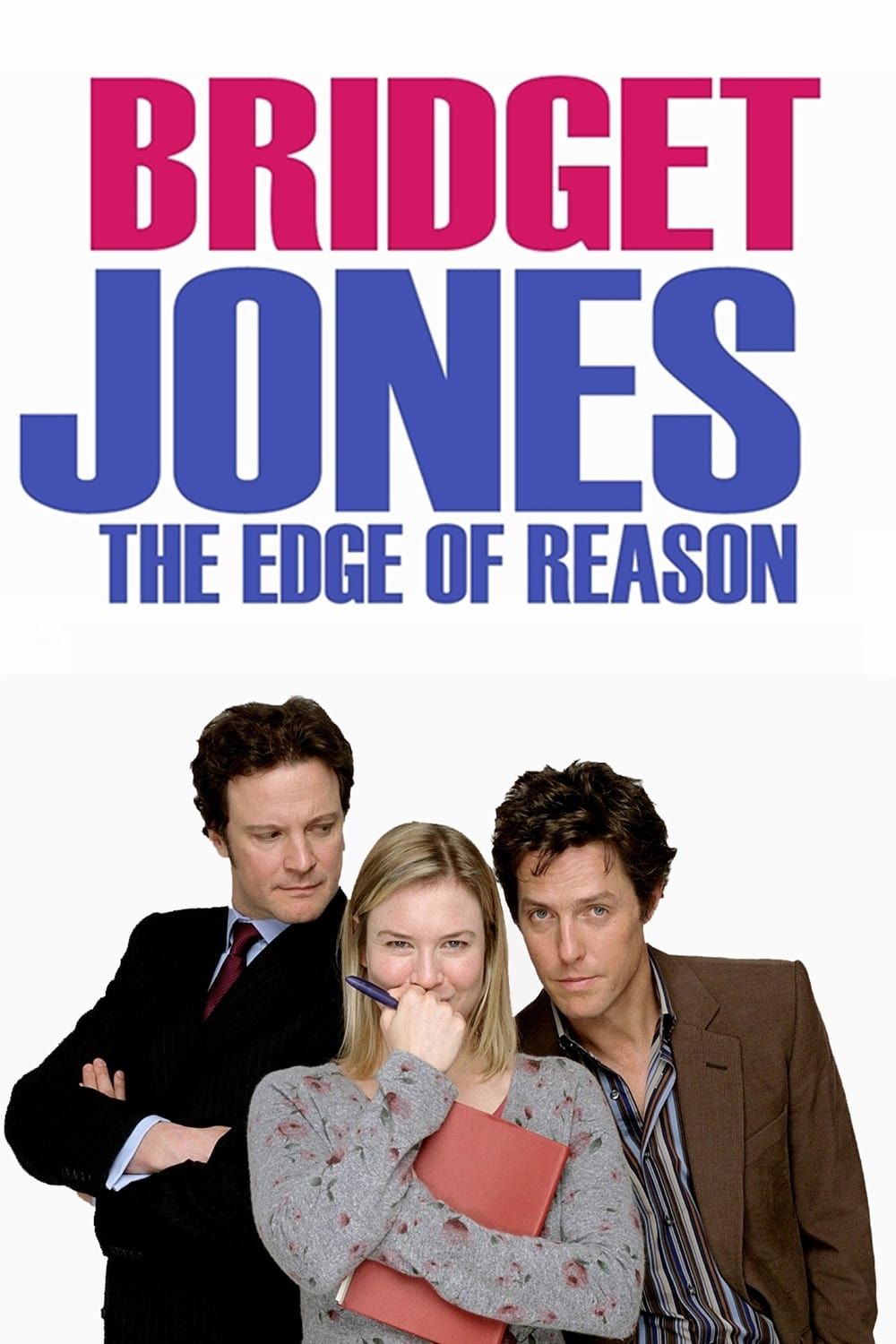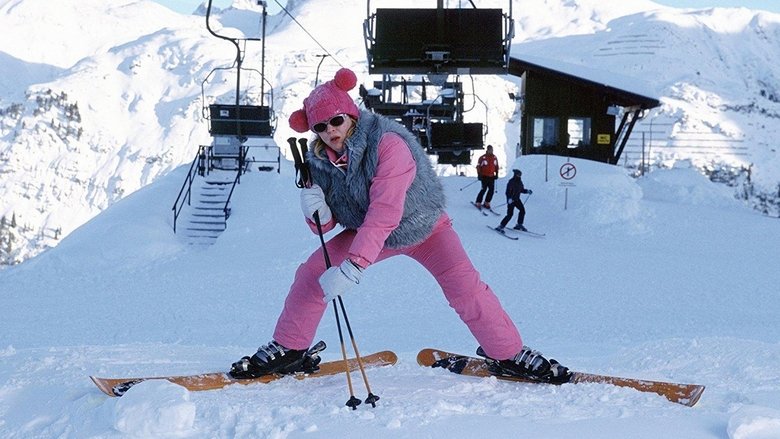
And how different that scene looks now – when she was last single there was no Twitter, sexting or online dating, and a cougar was just a big cat. Mad About the Boy begins four years after Mark's death, as Bridget emerges from the first raw shock of grief to engage with the dating scene again. But she uses these darker notes sparingly Bridget's very British determination to "Keep Buggering On", as she puts it, nudges the tragedy to the periphery most of the time, but it does give the character a poignancy she lacked before. By making her a widow, Fielding allows Mark Darcy to remain as implausibly perfect in death as he was in life (killed by a landmine while negotiating the release of aid workers in Sudan, no less), avoiding any tarnishing of the dream with a messy divorce and offering plenty of scope for tear-jerking moments with the children. Bridget's raison d'etre is the quest for a man, so the happy ending she found in The Edge of Reason must be reversed, returning her to her natural state of hapless relationships and self-help books. Despite the distress of many fans, it's a brilliant solution to the obvious problem of a third book. But there is a shadow over this new instalment: Bridget is now a widow and mother of two small children. The girlish style has not changed, despite being 51: Bridget still obsessively logs her weight, her alcohol units and pieces of Nicorette gum (she's given up the Silk Cut) to this litany of guilt she can now add embarrassing texts, tweets and Botox.Īt times this tone (Gah! Hurrah! V v good, etc) makes her sound annoyingly like a giddy teen, as it always did.

Now the author has revived Bridget, nearly 20 years on, to negotiate a whole new sexual and cultural landscape. The books went on to sell 15m copies in 40 countries, were adapted into two hit films and turned their heroine into shorthand for a particular type of contemporary womanhood. Back in the mid-90s, through Bridget and her friends, Helen Fielding identified the confusion of a new generation of women and – crucially – allowed her readers to laugh at it.

B ridget Jones, you could argue, was the first truly modern comic heroine.


 0 kommentar(er)
0 kommentar(er)
